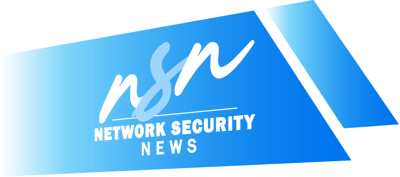5 Ways to Help Businesses Be Privacy Aware
Data Privacy Day is a global effort -- taking place annually on January 28th -- that generates awareness about the importance of privacy, highlights...
24/7/365 Monitoring & Alerting
Compromise Assessments
Threat Hunting
Vulnerability Management
CMMC Preparation & Assessment
Cybersecurity Assurance Readiness (CSAR®/RMF Pro)
ATO/RMF Support
If you are concerned about a potential threat or are experiencing a breach, contact our 24/7/365 emergency hotline at 888-860-0452.
 Subscribe to NetSec News
Subscribe to NetSec NewsSign up to receive our biweekly newsletter that covers what's happening in cybersecurity including news, trends, and thought leadership.
At our core, Ingalls is a company that strives to be helpful to our clients while continuously innovating and evolving our technology and solutions. Since 2010, we have been dedicated to building a team and product that can stay steps ahead of threats, attacks, and vulnerabilities in an ever-changing landscape.
1 min read
 Jessica Owens
:
Sep 7, 2022 12:00:00 AM
Jessica Owens
:
Sep 7, 2022 12:00:00 AM
The holiday travel season is just around the corner, and whether you're traveling by plane, train, or automobile, you will likely need to join a guest or public network if you don't have a reliable hotspot. But the reality is you're potentially opening yourself up to fraud and identity theft. So how do you keep yourself safe and your data secure? Read below for tips and best practices on reducing your risk while traveling.
Employing these will provide an effective base for you and your family’s overall security while traveling. Best of all, they’re easy to implement!

Data Privacy Day is a global effort -- taking place annually on January 28th -- that generates awareness about the importance of privacy, highlights...

Ingalls has consolidated relevant and helpful information to address security and privacy concerns surrounding the global COVID-19 outbreak. This...

In honor of Cybersecurity Awareness Month and Halloween, we thought it was a good chance to put together a friendly reminder of how and why you need...